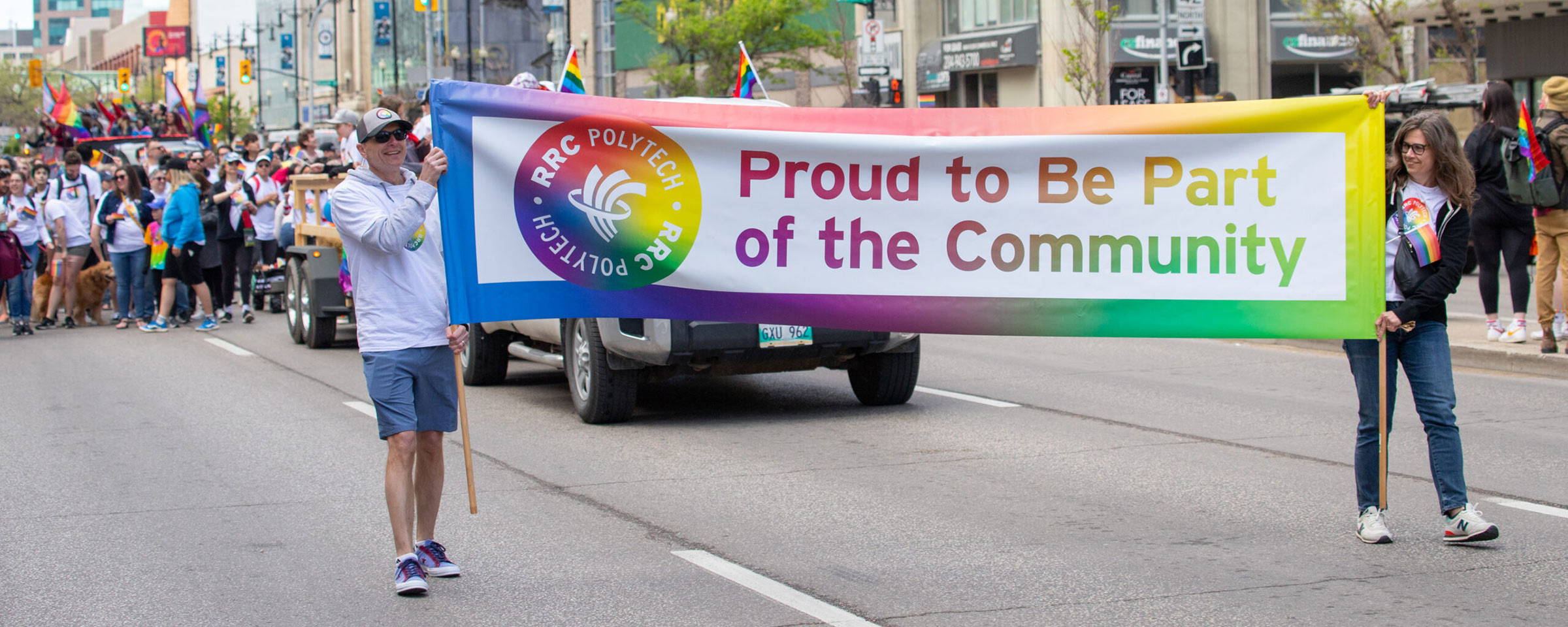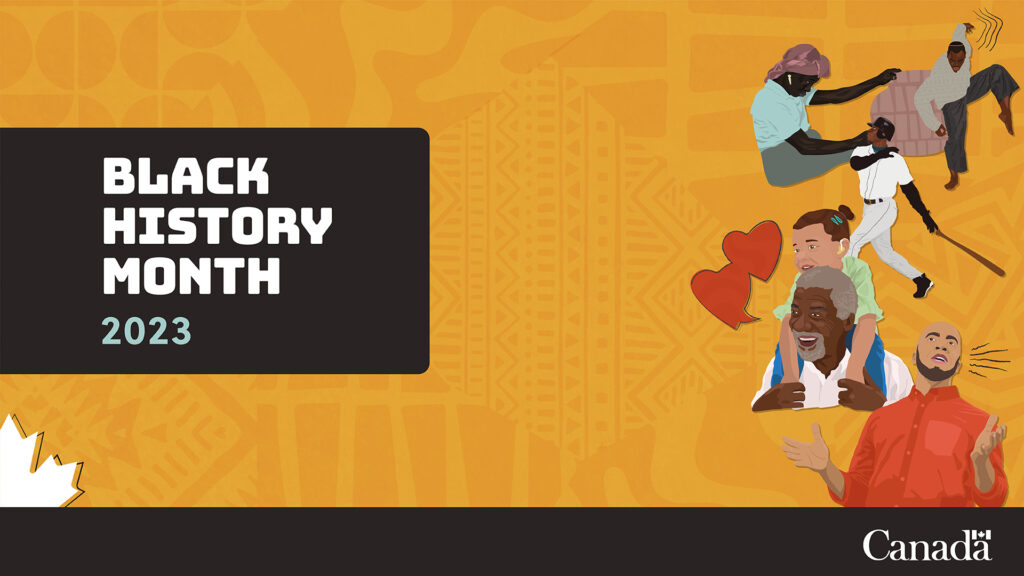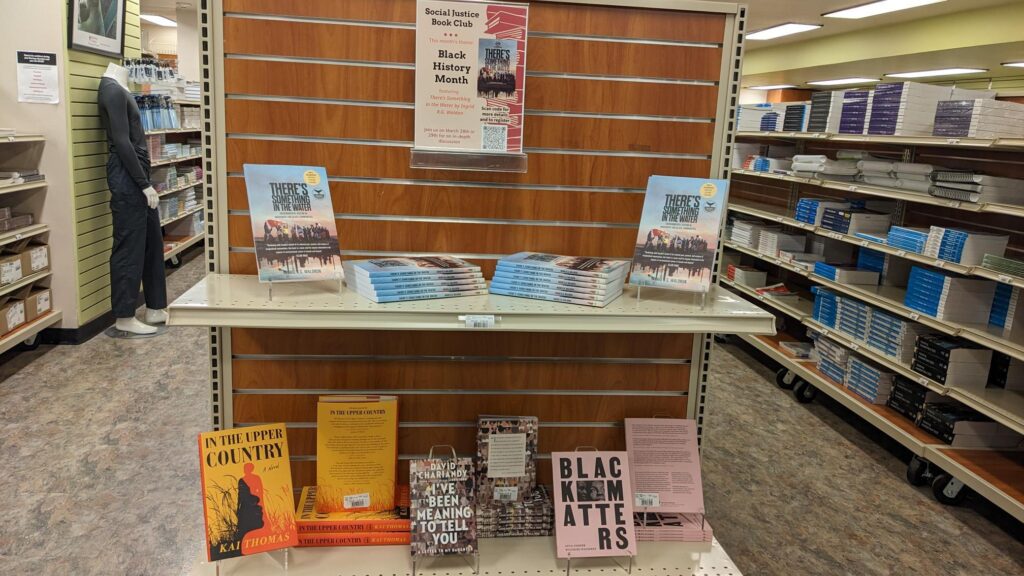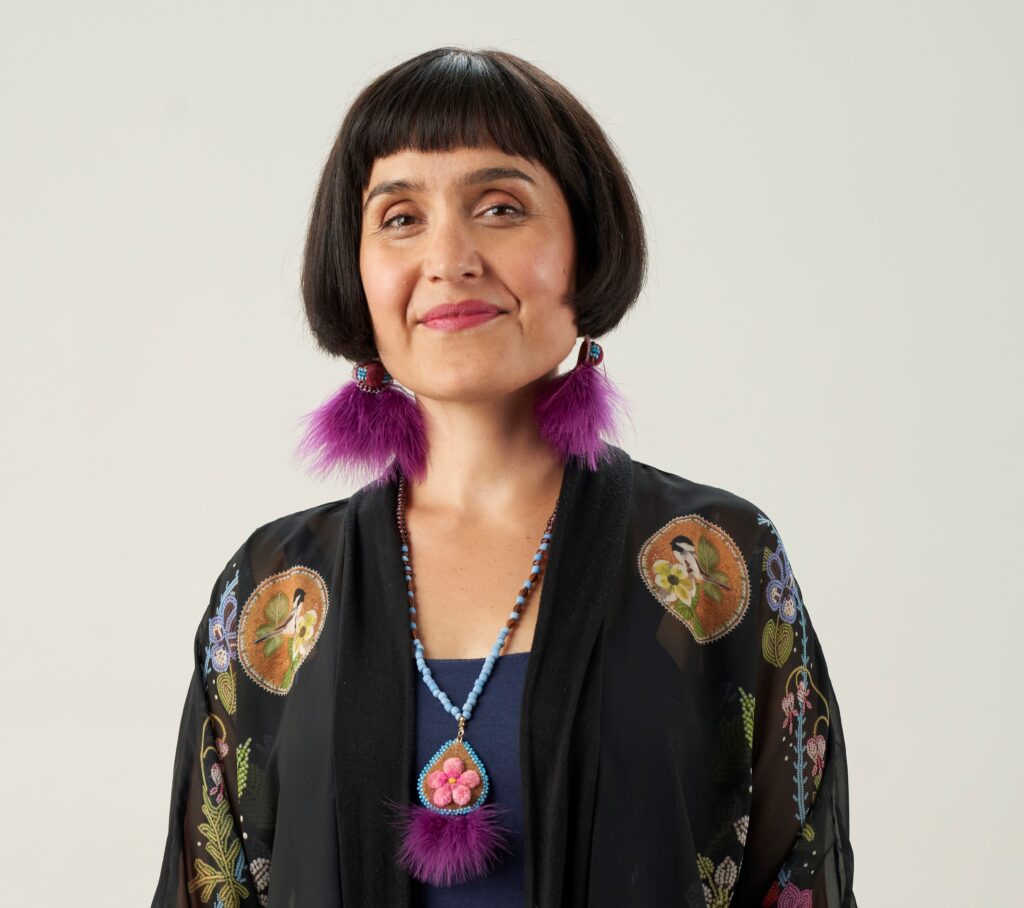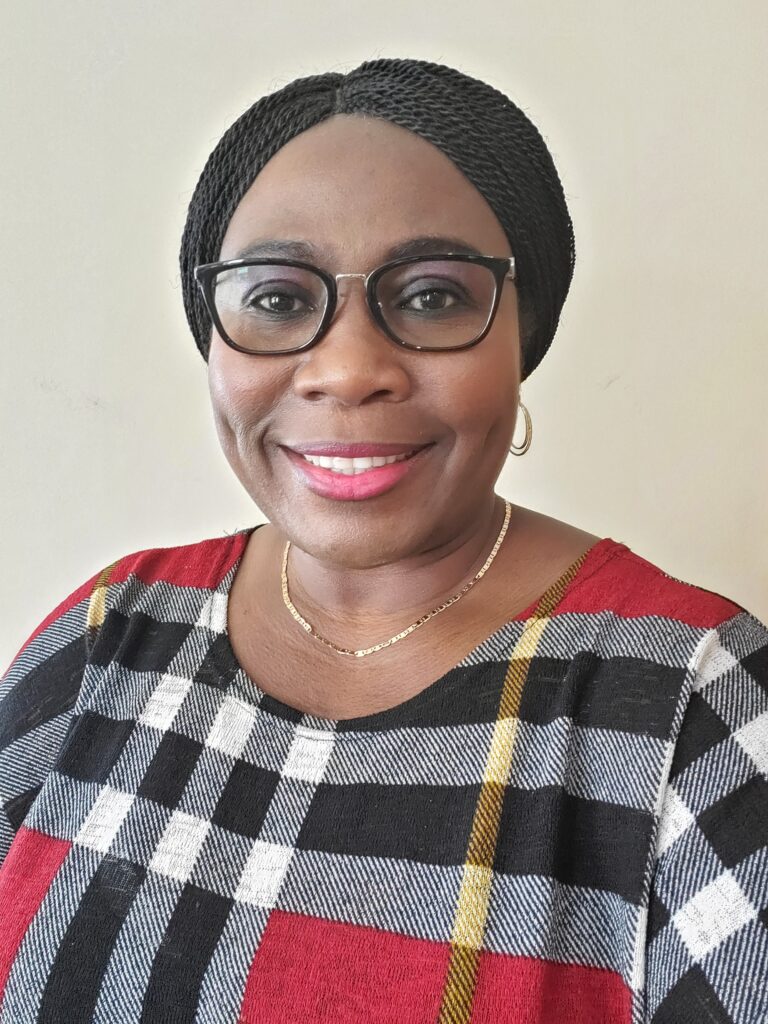International Day for the Elimination of Racial Discrimination
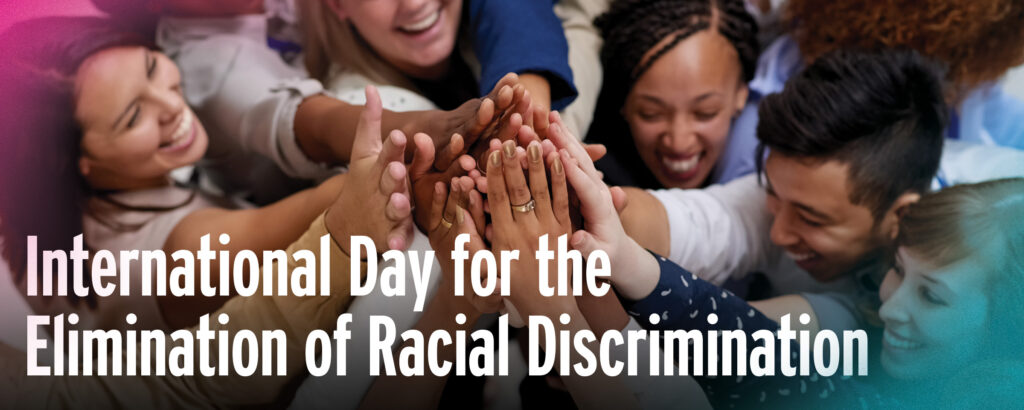
International Day for the Elimination of Racial Discrimination is March 21.
The International Day for the Elimination of Racial Discrimination is observed annually on the day the police in Sharpeville, South Africa, opened fire and killed 69 people at a peaceful demonstration against apartheid “pass laws” in 1960.
Since then, some racist systems have been dismantled but, in many regions, too many individuals, communities, and societies suffer from the injustice and stigma that racism brings. We can use this day to reflect on the fact that Indigenous Peoples and racialized communities continue to experience racism and discrimination in Canada every day. We can re-commit to take action against racial discrimination in all forms to ensure a world where everyone has equitable access to all aspects of society.
Source: Canada.ca
Visit the Anti-Racism Action Committee’s booth on March 21st from 12pm-1pm in the NDC Library hallway and EDC Roblin Atrium to:
- Commit to an action towards ending racism
- Make a button and wear it to show your solidarity
- Enter to win a book educating about anti-racism
- Explore the Anti-racism book display
- Get a treat!
Join us in the fight to end racial discrimination!
Resources
Equity, Diversity & Inclusion Resources at the College
Canadian Centre for Diversity & Inclusion Resources (For employees only; Login may be required)
- Webinar: Microaggressions: Microinterventions and microaffirmations (March 21, 12 pm)
- Guide: Racism and Anti-Black Racism
Winnipeg Public Library
The Winnipeg Public Library has compiled resources to help you learn more about different forms of racism, racial privilege, and what it means to be anti-racist.
